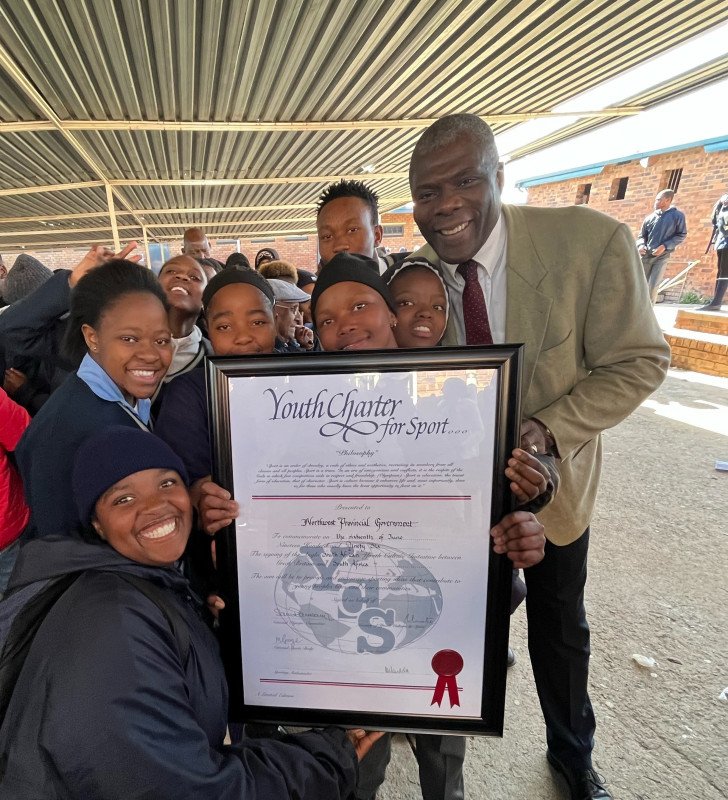In recognition of World Health Day, the Youth Charter has issued a renewed global call to make sport and physical activity a cornerstone of public health, especially in the lives of young people and their communities.
With mounting global concerns such as rising mental health challenges, childhood obesity, and non-communicable diseases, the organization stressed that sport must be positioned as a preventative, cost-effective, and accessible solution to health crises—especially in underserved areas.
Sport as a Human Right
“World Health Day reminds us that health is a human right,” said Geoff Thompson, Founder and Chair of the Youth Charter. “Sport and physical activity are vital contributors to that right, providing not only physical benefits, but also social, emotional, and mental resilience. From schools to parks, playgrounds to community centres, every young person deserves the opportunity to move, play, and thrive. This is of particular importance in the lives of Pan African young people and communities.”

Community and Youth Development at the Core
The Youth Charter is working to embed sport in everyday life through its Community Campuses and Social Coach Leadership Programme. These initiatives offer structured engagement and development through sport, culture, arts, and digital tools. The focus remains on mentorship, inclusion, and empowering youth to become community leaders.
Global Call to Action
The Youth Charter aligned its message with the World Health Organization and the UN’s Sustainable Development Goals, urging coordinated action from various sectors:
-
Governments and Health Authorities: Integrate sport into public health and education strategies.
-
Schools and Community Groups: Ensure equitable access to physical activities for all youth.
-
Health Professionals: Prescribe movement as part of complete health plans.
-
Parents and Caregivers: Encourage active lifestyles at home and beyond.
By placing sport at the heart of health and policy, the Youth Charter believes the world can address health inequalities and create more sustainable, resilient communities.



